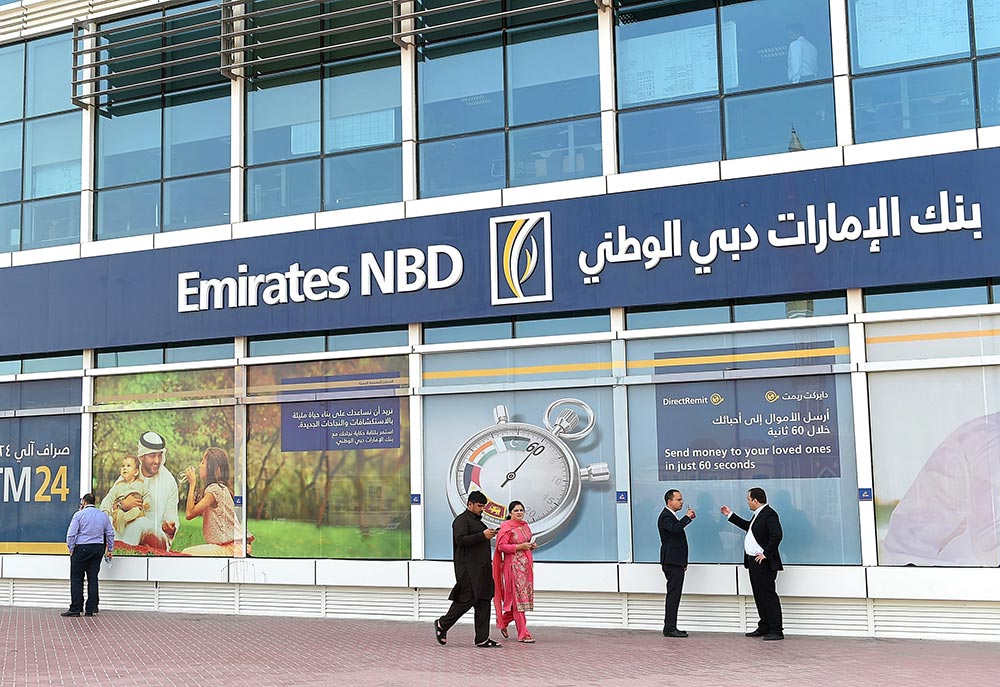
Banking in Dubai: A Hub of Financial Excellence
Having been in Dubai for 19 years I have seen a tremendous change in the banking sector over the years. Perhaps the biggest agent of change has been technology with the internet and then mobile phones transforming the way banks function in Dubai and the UAE.

When I arrived everything was done through bank branches, cheques dominated the way payments were made and it was quite hard to get things done. Now though, technology has made everything a lot easier, banking is done mainly through mobile, the number of physical branches has reduced and call centres have been automated.
In addition to personal banking, Dubai is a major financial hub for business banking, finance etc with the Dubai International Financial Centre (DIFC) being the most important facility of its kind in the the Middle East.
Funnily enough, cheques are still important in Dubai, and the quality of service within banks varies depending on the bank and who you are talking with on any given day. Let’s take a closer look at the banking system in Dubai.
Introduction
What makes Dubai a financial hub?
Dubai’s strategic location at the crossroads of Europe, Asia, and Africa has positioned it as a vital financial bridge connecting these regions. Its political stability, excellent infrastructure, and business-friendly policies have further enhanced its status as a global financial centre.
The evolution of banking in Dubai.
Dubai’s banking sector has evolved significantly over the years, from its humble beginnings to becoming a dynamic and diverse industry catering to both local and international clientele.
The Banking Landscape in Dubai
Overview of the banking sector in Dubai.
Dubai boasts a robust and highly competitive banking sector with a wide range of financial institutions, including local and international banks, Islamic banks, and specialized financial service providers.
Key players in Dubai’s banking industry.
Highlighting the major players that shape Dubai’s banking landscape and their unique contributions to the economy.
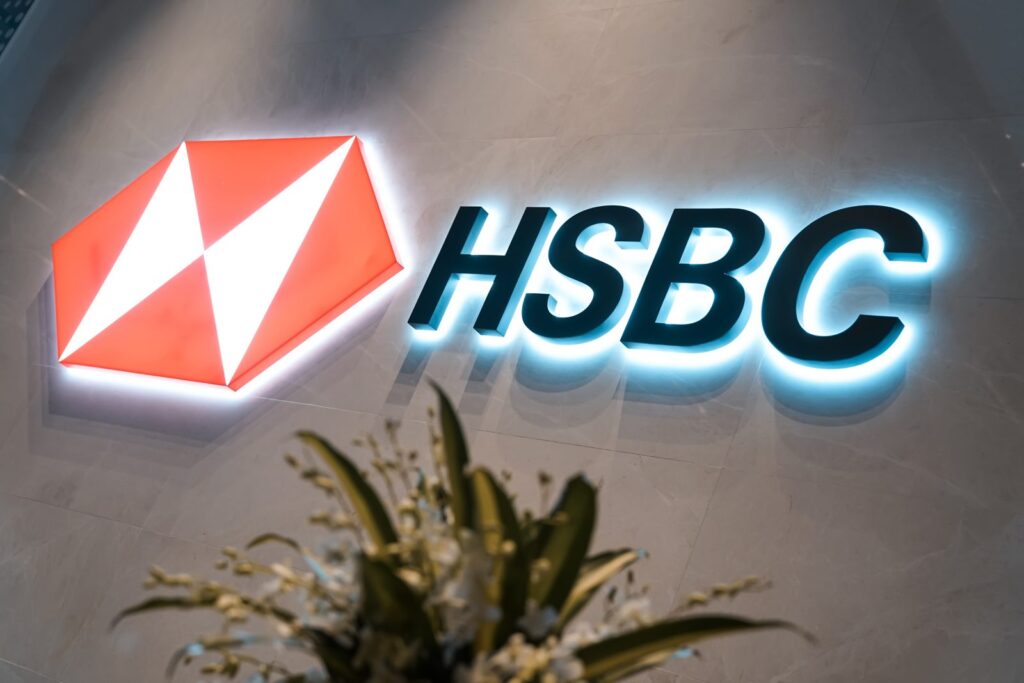
Banking Services in Dubai
Retail banking services.
An exploration of the retail banking services available to residents and businesses in Dubai, including savings accounts, loans, and credit cards.
Here is a table listing some of the traditional banks that are located in Dubai. This list can change at any time.
| Bank Name | Description | Website |
|---|---|---|
| Emirates NBD | A leading bank in the UAE with a wide range of banking services. | Emirates NBD |
| Dubai Islamic Bank | A pioneer in Islamic banking, offering Sharia-compliant financial solutions. | Dubai Islamic Bank |
| Mashreq Bank | Provides comprehensive personal and corporate banking services in Dubai. | Mashreq Bank |
| First Abu Dhabi Bank (FAB) | One of the largest banks in the UAE, offering diverse financial services. | FAB |
| Commercial Bank of Dubai | A local bank catering to the financial needs of individuals and businesses. | Commercial Bank of Dubai |
| HSBC | An international bank with a strong presence in Dubai, offering global banking services. | HSBC |
| Standard Chartered Bank | Provides a broad spectrum of banking and financial solutions in Dubai. | Standard Chartered |
| Citibank | An international bank with a presence in Dubai, offering a range of banking services. | Citibank |
| Union National Bank (UNB) | A local bank with a strong history in the UAE, serving individual and corporate clients. | UNB |
| Commercial Bank of Dubai | Provides comprehensive banking services for individuals and businesses. | Commercial Bank of Dubai |
| RAKBANK (National Bank of Ras Al Khaimah) | A retail and business bank known for its innovative financial solutions. | RAKBANK |
| National Bank of Fujairah | Offers a range of banking and financial services with a focus on corporate banking. | NBF |
| Sharjah Islamic Bank | A leading Islamic bank providing Sharia-compliant financial solutions. | Sharjah Islamic Bank |
| Abu Dhabi Commercial Bank (ADCB) | Offers a wide range of banking services and financial products. | ADCB |
As time has passed we have also seen the rise of online-only banks as well. Here is a table listing some of these organisations, Once again the details in this table can change at any time:
| Bank Name | Type of Account | Website Address |
|---|---|---|
| Liv Bank | Personal Digital Account | liv.me |
| E20 Bank | Business Digital Account | e20.ae |
| Wio | Personal and Business Accounts | wio.ae |
| Yap | Personal and Business Accounts | yap.com |
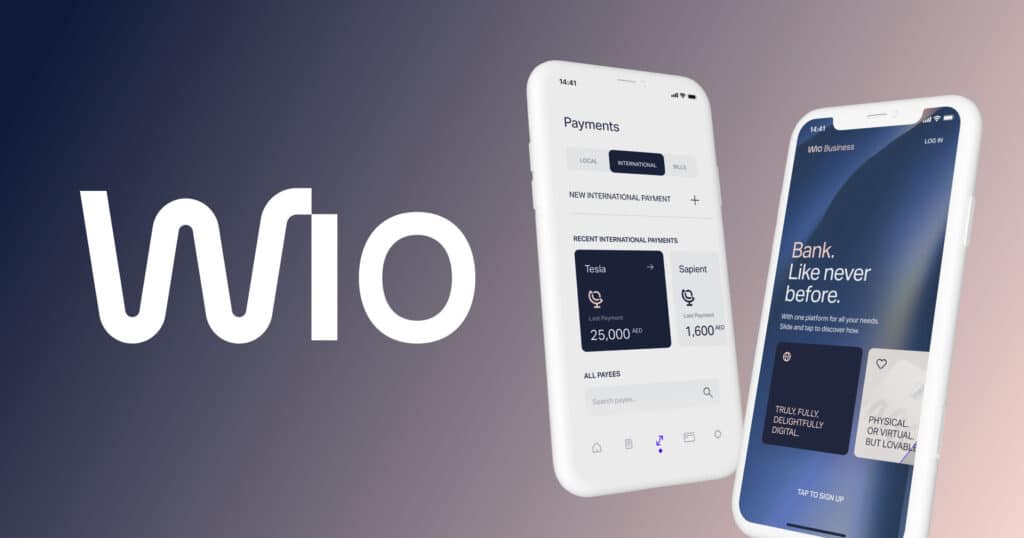
Which bank you decide to join will depend upon many factors such as usability, reputation, need for a physical branch, location of branches etc. My recommendation is to choose 3 or 4 and do your own research.
Corporate banking services.
How Dubai’s banking sector supports the business community with tailored financial solutions, trade finance, and international banking services.
Here is a more detailed list of typical corporate banking services available in Dubai, depending upon which bank you are talking with:
- Business Accounts:
- Business checking and savings accounts tailored to meet the financial requirements of companies.
- Corporate Loans:
- Financing options, including term loans and revolving credit facilities, to support capital investments, expansion, and working capital needs.
- Trade Finance:
- Services to facilitate international trade, such as letters of credit, import/export financing, and trade credit insurance.
- Cash Management:
- Tools and services for optimizing cash flow, managing payables and receivables, and improving liquidity.
- Treasury Services:
- Solutions for managing currency risk, interest rate risk, and investment of excess funds.
- Commercial Real Estate Financing:
- Loans and financing for real estate acquisitions, construction, and development projects.
- Asset-Based Lending:
- Financing based on a company’s assets, including accounts receivable, inventory, and equipment.
- Project Finance:
- Tailored financing for specific projects, such as infrastructure, energy, and large-scale developments.
- Trade Credit and Export Finance:
- Services for managing credit risk and providing working capital for exporters and importers.
- Supply Chain Finance:
- Solutions to optimize the supply chain and improve supplier and buyer relationships through financing options.
- Merchant Services:
- Payment processing solutions for businesses to accept electronic payments from customers.
- Online and Mobile Banking:
- Access to digital banking platforms for efficient account management and transactions.
- Corporate Cards:
- Credit cards for business expenses, offering expense tracking and rewards programs.
- Wealth Management for Business Owners:
- Services for business owners to manage personal and corporate wealth, including investment advice and estate planning.
- Foreign Exchange Services:
- Currency exchange and risk management solutions for businesses engaged in international trade.
- Government and Public Sector Banking:
- Specialized services for government entities, public institutions, and non-profit organizations.
- Islamic Banking:
- Sharia-compliant banking services for businesses that adhere to Islamic financial principles.
- Corporate Advisory and Consultation:
- Consultation on financial strategies, mergers and acquisitions, and other corporate finance matters.
- Structured Finance:
- Customized financing solutions for complex and structured transactions.
- Commercial Insurance:
- Insurance products to protect businesses against various risks, including property, liability, and employee benefits.
Wealth management and private banking.
An insight into the world of wealth management and private banking in Dubai, catering to high-net-worth individuals and investors.
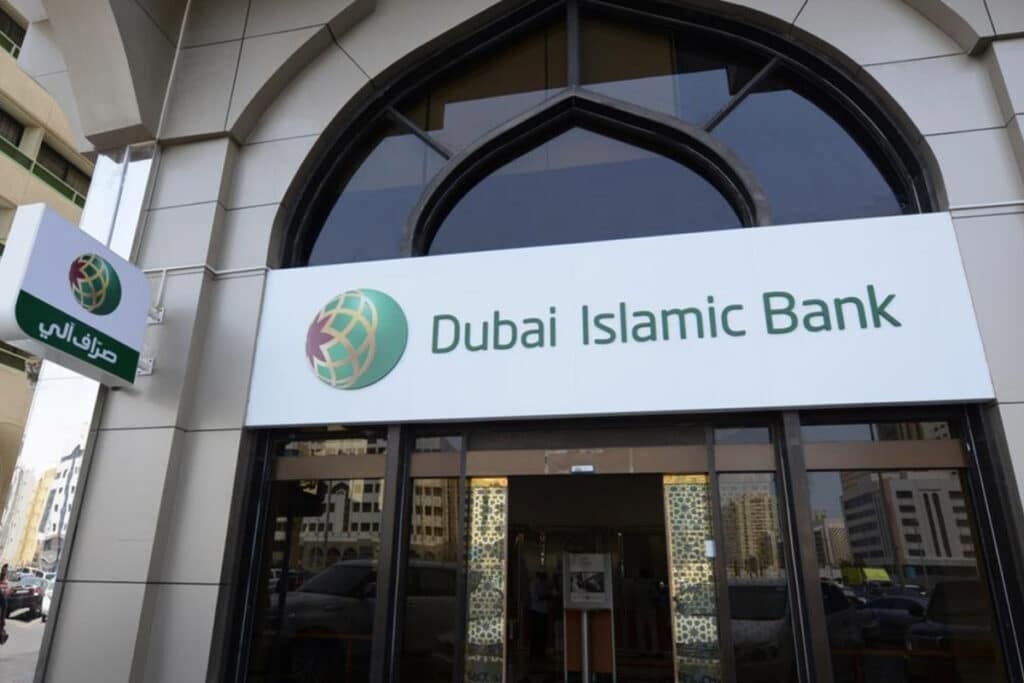
A comprehensive list of facilities for these categoreis are shown below:
- Private Banking Advisors: Dedicated private bankers or relationship managers who provide personalized financial advice and solutions.
- Investment Management: Customized investment portfolios tailored to the client’s risk tolerance, financial goals, and preferences.
- Wealth Planning: Comprehensive wealth planning and financial strategies, including retirement planning, estate planning, and tax optimization.
- Access to Exclusive Investments: Access to exclusive and high-yield investment opportunities, such as private equity, hedge funds, and alternative investments.
- Credit and Lending Solutions: Credit lines, mortgages, and lending solutions for liquidity needs and asset-backed financing.
- Trust and Estate Services: Services to create and manage trusts, as well as estate administration and succession planning.
- Tax Optimization: Strategies for minimizing tax liabilities, including advice on tax-efficient investment structures.
- Multi-Currency Accounts: Access to accounts in multiple currencies for international diversification.
- Risk Management: Services to protect and insure wealth against unforeseen events, including insurance for assets and liabilities.
- Family Office Services: Comprehensive family office solutions for managing the financial affairs of wealthy families.
- Islamic Wealth Management: Sharia-compliant wealth management services for clients who adhere to Islamic finance principles.
- Global Investment Advisory: Expert advice on international investment opportunities and market trends.
- Legacy Planning: Strategies for preserving and transferring wealth to future generations.
Dubai International Financial Centre (DIFC)
The Dubai International Financial Centre (DIFC) stands as a pivotal institution in the heart of Dubai, serving as a prominent financial free zone and business district. Established in 2004, the DIFC has rapidly evolved into a global financial powerhouse, attracting a multitude of financial institutions, banks, insurance companies, and law firms from around the world.
It operates under its regulatory authority, the Dubai Financial Services Authority (DFSA), providing a robust and secure environment for businesses to thrive. DIFC is renowned for its modern infrastructure, stringent regulatory framework, and an ecosystem that promotes innovation and connectivity.
This hub has significantly contributed to Dubai’s emergence as a dynamic and diverse financial center and plays a crucial role in the growth and development of the city’s financial and business landscape.
More information can be found about the DIFC here.
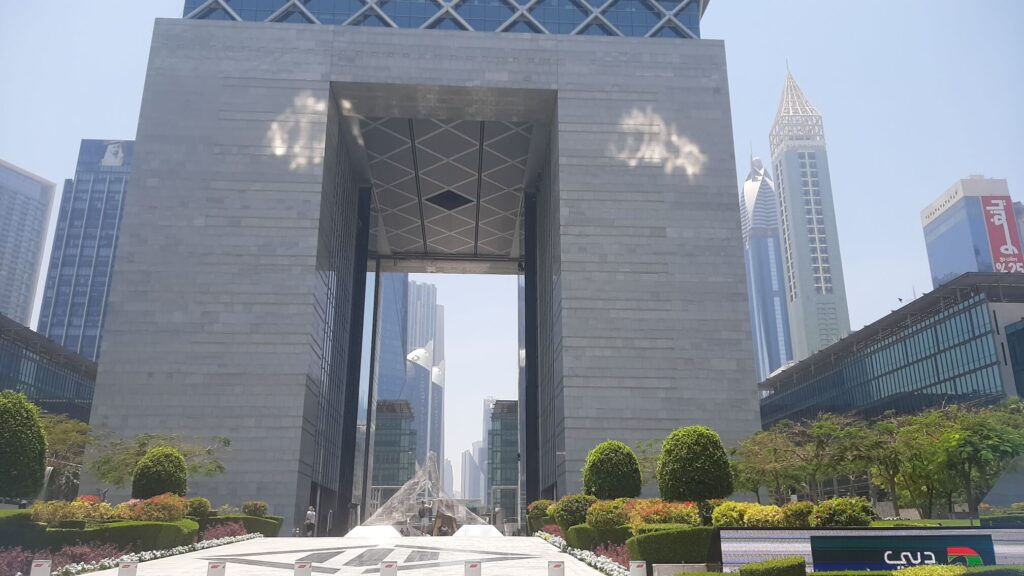
Regulatory Environment
The role of the Central Bank of the UAE.
Understanding the regulatory authority overseeing the banking sector and its functions in maintaining stability and integrity.
Regulatory framework for banking in Dubai.
An overview of the regulations and compliance requirements that banks in Dubai must adhere to, ensuring transparency and security.
Here is a table describing the regualtory agencies operating in Dubai with respect to banking etc.
| Regulatory Authority | Responsibilities |
|---|---|
| Central Bank of the UAE (CBUAE) | – Formulating and implementing monetary and credit policies. Supervising financial institutions and ensuring compliance with international standards. |
| Dubai Financial Services Authority (DFSA) | – Regulating financial services in the Dubai International Financial Centre (DIFC). Oversight of banks, insurance companies, and investment firms within DIFC. |
| Securities and Commodities Authority (SCA) | – Regulating securities, commodities, and financial market activities in the UAE. Establishing rules for securities trading, disclosures, and market operations. |
| Insurance Authority (IA) | – Regulating the insurance industry in the UAE, setting guidelines for insurers and brokers. Ensuring compliance with insurance policies, pricing, and solvency requirements. |
| Dubai Multi Commodities Centre (DMCC) | – Regulating commodities trading, especially at the Dubai Gold and Commodities Exchange (DGCX). |
| Ministry of Finance (MoF) | – Shaping fiscal policies, taxation, and government budgets that impact the financial sector. |
| Anti-Money Laundering (AML) and Combating the Financing of Terrorism (CFT) | – Implementing AML and CFT regulations to prevent money laundering and terrorist financing. |
| Consumer Protection | – Enforcing regulations and guidelines to protect consumers and ensure fair banking practices. |
| Regulatory Compliance | – Ensuring that banks adhere to regulations related to capital adequacy, risk management, and cybersecurity. |
| International Standards | – Aligning the regulatory environment in Dubai with international standards set by organizations such as the Basel Committee and the FATF. |
Dubai’s Banking Strengths
How Dubai’s banking system contributes to Dubai’s economy.
Exploring the economic drivers that make Dubai an attractive destination for banking and investment. The banking sector is mature and well regulated which provides sophisticated financial instruments to help grow the economy.
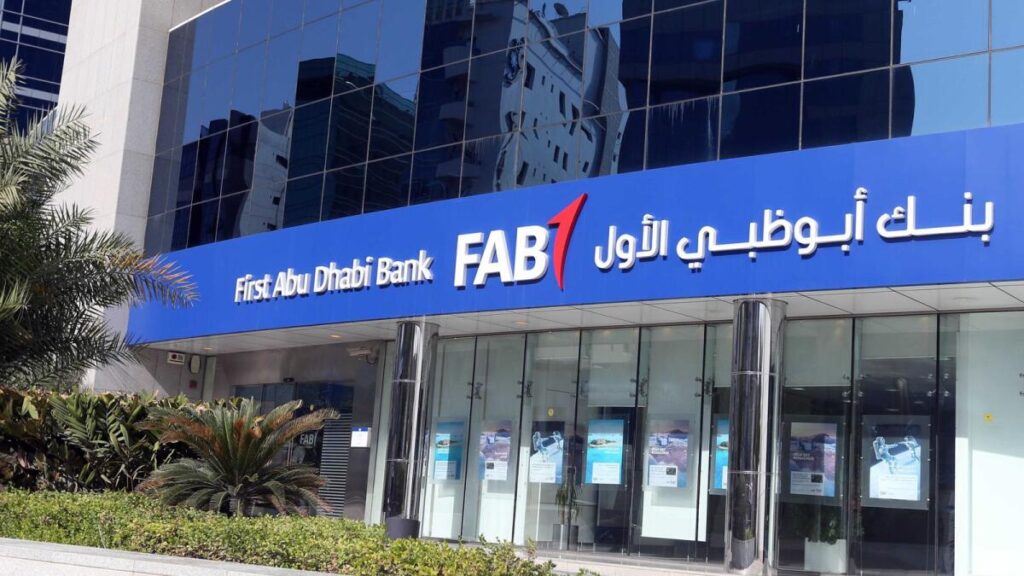
The table below describes the major facilities provided by the banking sector in Dubai.
| Contribution to Economic Growth in Dubai |
|---|
| 1. Capital Allocation and Investment |
| – Channelling funds for business expansion and development. |
| – Supporting innovation and growth projects. |
| 2. Business Financing |
| – Providing loans, credit, and trade finance to businesses. |
| – Stimulating entrepreneurship and job creation. |
| 3. Infrastructure and Real Estate Development |
| – Funding large-scale infrastructure and real estate projects. |
| – Boosting construction, real estate, and related sectors. |
| 4. Trade and Commerce |
| – Facilitating international trade transactions through trade finance. |
| – Strengthening Dubai’s position as a global trade hub. |
| 5. Wealth Management and Investment |
| – Attracting investors to Dubai. |
| – Stimulating economic activity and job creation. |
| 6. Foreign Direct Investment (FDI) |
| – Attracting foreign investors, leading to business growth and knowledge transfer. |
| 7. Financial Innovation |
| – Embracing fintech and digital banking for increased efficiency and accessibility. |
| – Promoting financial inclusion. |
| 8. Support for SMEs |
| – Providing financing and advisory services to small and medium-sized enterprises. |
| 9. Support for Strategic Sectors |
| – Offering specialized financial services to key sectors for economic diversification. |
| 10. Foreign Exchange and Trade Services |
| – Facilitating foreign exchange and trade services, reinforcing Dubai’s global trade role. |
| 11. Consumer Spending |
| – Boosting domestic consumption through consumer banking services. |
| 12. Government Projects and Initiatives |
| – Collaborating with the government to finance large-scale projects and initiatives. |
| 13. Wealth Preservation and Management |
| – Attracting affluent individuals and families, leading to investments in the local economy. |
| 14. Stable Financial Environment |
| – Ensuring financial stability and investor confidence for sustained economic growth. |
Advantages of Banking in Dubai
Tax benefits and incentives.
Discover the tax advantages and incentives that attract businesses and individuals to Dubai, including tax-free income and investment opportunities. Here is a list:
| Advantage | Description |
|---|---|
| 1. Strategic Location | Dubai’s strategic location at the crossroads of Europe, Asia, and Africa makes it a hub for international trade and finance. |
| 2. Tax Benefits | Dubai imposes no personal income tax, capital gains tax, or inheritance tax, allowing individuals to maximize their wealth. |
| 3. International Accessibility | Dubai’s well-developed infrastructure and transportation links provide easy access to global financial markets and international banking services. |
| 4. Political and Economic Stability | The UAE, including Dubai, is known for its political stability, strong governance, and a diversified, resilient economy. |
| 5. Diverse Banking Options | Dubai offers a wide array of banks, from international giants to local institutions, catering to various financial preferences and needs. |
| 6. State-of-the-Art Technology | Most banks in Dubai offer cutting-edge online and mobile banking platforms, ensuring convenience and security for customers. |
| 7. Multilingual Services | In this multicultural city, banks provide services in multiple languages, simplifying financial management for expatriates and tourists. |
| 8. Robust Support for Expatriates | Dubai offers special services tailored to the unique needs of expatriates, including non-resident bank accounts and support for foreign investors. |
| 9. Competitive Interest Rates | Banks in Dubai often offer competitive interest rates on savings and fixed deposit accounts. |
| 10. Favorable Regulatory Environment | The banking sector is closely regulated by the Central Bank of the UAE, ensuring financial stability and security for customer assets. |
International accessibility.
How Dubai’s strategic location and world-class connectivity make it a hub for international trade and finance, facilitating global transactions.
Robust infrastructure.
Exploring the state-of-the-art infrastructure that supports the banking sector, including advanced technological systems and modern banking facilities.
Banking Technology in Dubai
Embracing digital banking.
Examining the digital transformation of the banking sector in Dubai and how it enhances customer experiences and efficiency.
Fintech innovation in Dubai.
Highlighting the role of fintech startups and innovations in shaping the future of banking services in the city.
The Dubai Financial Services Authority (DFSA) has established a tailored regulatory framework for FinTech companies in the Dubai International Financial Centre (DIFC). This framework allows FinTech firms to operate in a regulated environment while promoting innovation.
DIFC has set up a dedicated space known as the FinTech Hive, which acts as an incubator and accelerator for FinTech startups. It provides mentorship, workspace, and access to potential investors.
Traditional banks in Dubai have adopted digital banking services and invested in online and mobile banking platforms to cater to tech-savvy customers.
Payment solutions like mobile wallets, contactless payments, and peer-to-peer transfers are widely used in Dubai.
Dubai is exploring blockchain technology and its applications across various sectors, including finance. The government has expressed interest in creating a state-backed cryptocurrency, emCash.
Crowdfunding platforms and peer-to-peer lending services have gained traction, offering alternative financing options to businesses and individuals.
AI and data analytics are being applied to enhance risk assessment, fraud detection, and customer service in the financial sector.
Using Cheques in Dubai
Writing checks in Dubai, or anywhere else, should be done responsibly and with sufficient funds to cover the amount. Bouncing a check, which means that the check is returned due to insufficient funds, is considered a legal offence in the UAE, including Dubai. Here are some important points to know about writing checks in Dubai:
- Check Usage: Checks are commonly used for various financial transactions in Dubai, including paying bills, and rent, and making business payments.
- Bank Account: To write a check, you must have a valid bank account with sufficient funds to cover the check’s value.
- Crossing Checks: To prevent checks from being cashed and to ensure they are deposited into the payee’s bank account, it is advisable to cross the check. This can be done by drawing two parallel lines on the top left corner and adding the phrase “Account Payee Only.”
- Post-Dated Checks: It’s common in Dubai to use post-dated checks for various financial obligations, like rent payments. This allows you to specify a future date when the check can be cashed.
- Bouncing Checks: Writing a check without adequate funds to cover it is considered a criminal offense in the UAE, leading to legal consequences, including fines and potential imprisonment.
- Legal Action: When a check bounces, the payee can file a complaint with the police, and the drawer of the check (the person who wrote it) can face legal penalties.
- Resolution: If you accidentally write a check that might bounce, contact your bank immediately to rectify the situation, such as depositing sufficient funds or discussing a resolution with the payee.
- Clearing Time: It’s important to ensure that checks are deposited well in advance of their due date to allow sufficient time for clearance, which can take several days.
- Financial Awareness: Maintain a clear understanding of your account balance and financial commitments to avoid unintentional check bouncing.
- Legal Advice: Seek legal advice if you are unsure about the legal and financial consequences of check bouncing in Dubai.
Generally, the only time you will be asked to write cheques is when paying rent (can be post-dated as well) or buying a vehicle. Make sure that there are funds in your account and make sure if you are selling something that the buyer has funds in their account.
How To Open A Bank Account In Dubai?
No matter which bank account you choose there are some common steps to opening a bank accoun in Dubai.
The following table outlines the typical steps:
| Step | Description |
|---|---|
| 1. Select a Bank | Research and choose a bank in Dubai based on your preferences and needs, such as services, location, and reputation. |
| 2. Gather Required Documents | Collect the necessary documents, including passport or Emirates ID, visa or residence permit (for expatriates), proof of address, proof of income, and passport-sized photographs. |
| 3. Visit the Bank | Schedule an appointment with the chosen bank or visit a branch in person. You may also initiate the account application online. |
| 4. Fill out an Application Form | Complete the bank’s application form, which can usually be obtained at the bank’s branch or online. |
| 5. Submit Required Documents | Present the required documents to the bank representative, ensuring you have both originals and photocopies. |
| 6. Choose the Account Type | Select the type of account that suits your needs, whether it’s a savings account, current account, or business account. |
| 7. Meet Minimum Balance Requirements | Ensure you meet any minimum balance requirements, which may apply to your chosen account. |
| 8. Signature Verification | Your signature will be verified for account security and authorization purposes. |
| 9. Initial Deposit | Deposit the minimum initial amount required to open the account. |
| 10. Receive Account Details | After processing your application, the bank will provide you with your account details, including the account number. |
| 11. Debit/Credit Card Application | If you want a debit or credit card linked to your account, apply for one, following the bank’s requirements. |
| 12. Set Up Online Banking Access | Ensure you have access to the bank’s online banking services and understand how to use them. |
| 13. Activate Your Account | Depending on the bank’s policies, you may need to activate your account, which may involve setting up online banking access or creating a PIN. |
| 14. Set Up Mobile Banking | Install the bank’s mobile banking app and configure your account for easy access on your mobile device. |
| 15. Maintain the Account | Comply with the bank’s terms and conditions, including maintaining any required minimum balance to keep your account active. |
| 16. Monitor Your Account | Regularly review your account statements and transactions to ensure accuracy and detect any unauthorized activity. |
For online only banks then this process is faster and can be executed from a computer or mobile bank
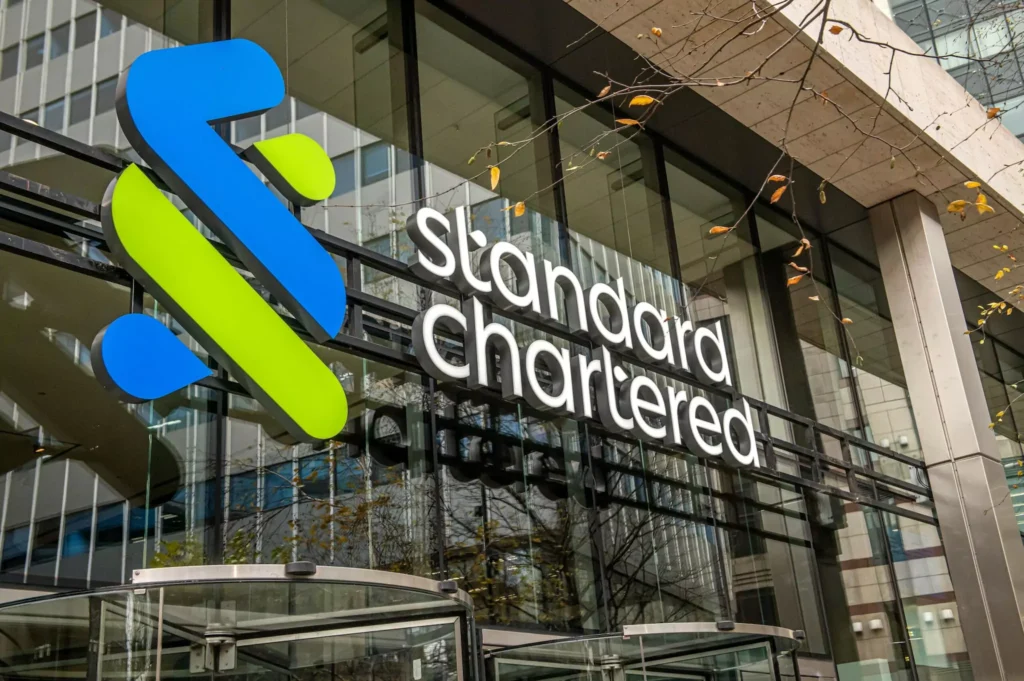
Video Tour
Conclusion
In conclusion, the world of banking in Dubai is a dynamic, multifaceted, and vibrant landscape that mirrors the emirate’s position as a global financial hub. With a well-regulated environment, advanced technological infrastructure, and a wide array of banking services, Dubai offers an exceptional banking experience for both individuals and businesses.
The banking sector’s role in driving Dubai’s economic growth is undeniable, as it provides essential financial support to businesses, encourages investment, and fosters innovation. The stability, accessibility, and the diverse range of banking options available contribute significantly to the city’s prosperity and its status as a global financial destination.
FAQ
- Q: Can non-residents open a bank account in Dubai?
- A: Yes, non-residents can open bank accounts in Dubai, subject to certain documentation requirements.
- Q: Are there any taxes on income and investments in Dubai?
- A: Dubai offers tax-free income and various incentives for investors.
- Q: What is the role of the Central Bank of the UAE in Dubai’s banking sector?
- A: The Central Bank regulates and supervises the banking industry, ensuring its stability and integrity.
- Q: How is Dubai’s banking sector adapting to digital technology?
- A: Dubai’s banking sector is embracing digital banking and fintech innovations to enhance services and efficiency.
- Q: What are the major challenges faced by Dubai’s banking industry?
- A: Vulnerabilities and risks in the banking sector can stem from both internal and global economic factors.
- Q: What sectors are driving Dubai’s economic growth?
- A: Key sectors contributing to Dubai’s economic growth include real estate, tourism, and finance.
- Q: Are there opportunities for foreign investors in Dubai’s banking sector?
- A: Yes, Dubai offers numerous investment opportunities for foreign investors in various sectors.
- Q: How can businesses choose the right bank in Dubai?
- A: Factors such as services, fees, reputation, and compatibility with business needs should be considered.
- Q: What are the advantages of banking in Dubai for high-net-worth individuals?
- A: Dubai offers wealth management and private banking services tailored to high-net-worth individuals.
- Q: What is the future outlook for banking in Dubai?
- A: Experts predict continued growth, with a focus on digital banking and fintech innovations.
Useful Links
- Here is comprehensive list of banks in the UAE, most of which are in Dubai as well.
- Check out this general guide to Dubai if you ware thinking of visiting or moving here.
- If you are looking to startup a business in Dubai.
- Freezones in Dubai are also a great place to startup a business.
- Check out the Entry Requirements for visiting Dubai.
- Need to get around Dubai? The best way is using Taxis.
- Make time for fun. Here are the best resorts in Dubai.
- Worried if Dubai is safe?
- Check out the Downtown Dubai area for living, entertainment and business.
Key Takeaways
Dubai’s banking sector is a thriving hub of financial excellence, offering a wide range of services to both residents and international investors. From tax advantages and international accessibility to digital innovation and promising investment opportunities, Dubai continues to attract individuals and businesses seeking a dynamic financial environment. While challenges and risks exist, the city’s robust regulatory framework and economic strengths provide a solid foundation for its banking industry.
Whether you are a seasoned investor, an expatriate looking to establish financial roots, or a business seeking growth opportunities, Dubai’s banking sector has much to offer. Make informed decisions, explore opportunities, and embrace the future of banking in this dynamic global city.









